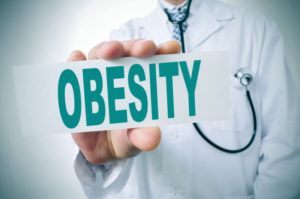
Most obese teens remain obese as adults, and adults who were obese as teens are unhealthier than those who become obese later in life.
A new study presented at the Combating Childhood Obesity Conference in Houston (Weight Loss and Health Status 3 Years after Bariatric Surgery in Adolescents. Inge TH, Courcoulas AP, Jenkins TM, et al. N Engl J Med 2016; 374:113-123) suggests that teens may benefit more from early surgery than adults.
The researchers compared results from two studies of gastric bypass surgery in 161 teens and 396 adults who had been obese since they were teens. Three years after their operations, both groups had lost between 26% to 29% of their weigh and Diabetes went into remission in 86% of teens and 53% of adults diagnosed with the disease before surgery. High blood pressure was also normalized in 68% of teens and 41% of adults.
Although a 2% mortality accompanied surgery in both groups, two of the teens died from drug overdoses, suggesting substance abuse and self harm may accompany teen obesity.
The researchers documented the durability of clinically meaningful weight loss and metabolic improvements and weight-related quality of life among adolescents who underwent gastric bypass surgery or sleeve gastrectomy. The benefits of these current bariatric surgical alternatives must be viewed in the context of the risks of nutritional deficiencies and the possibility that future surgical procedures will be needed in some patients.
It is this author’s hope that Endoscopic Visceral Lipectomy, which does not expose the patient to the nutritional and surgical risks inherent in bypass surgery or sleeve gastrectomy, may prove equally effective and a safer minimally invasive intervention for this younger population (Uncoiling the Tightening Obesity Spiral. Cucin RL Clin Res Diab Endocrinol:1(2):1-5 (2018)).


 The
The